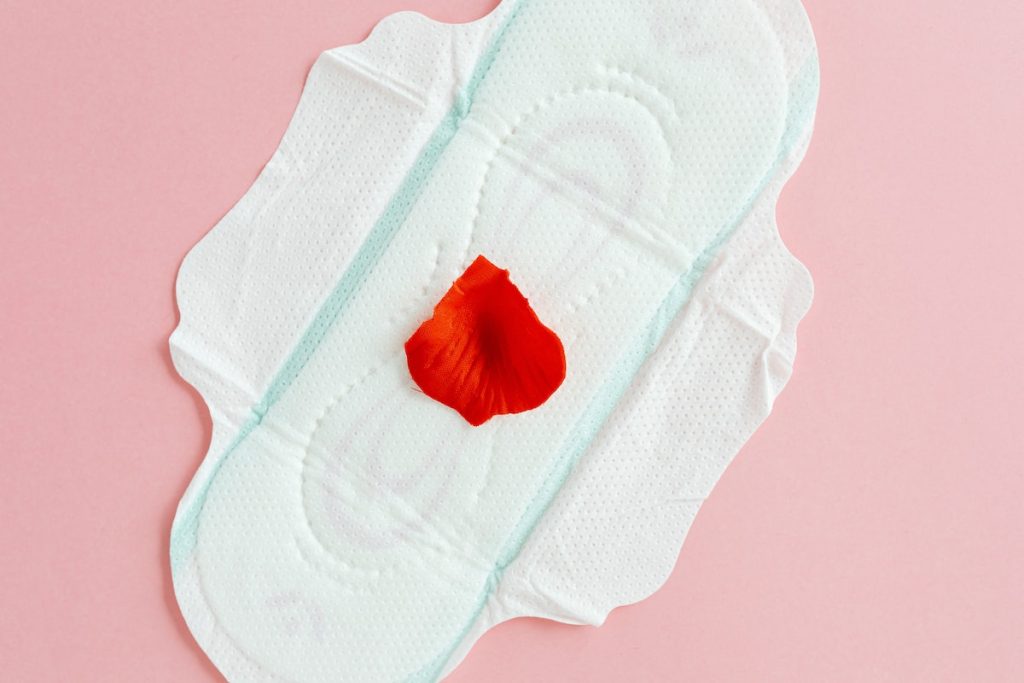Women are all too familiar with the pain of menstrual cramps, which can range from mild discomfort to intense and debilitating. According to a Women’s Health Concern report, 80 percent of women experience period cramps. About 5 to 10 percent of these are so severe that they cause significant disruption to normal life.
While lifestyle changes such as exercise, healthy eating, and stress reduction can help reduce the severity of cramps, some women use muscle relaxers as a relief. Does this treatment work, and how safe is it?
What is Period Cramps?
Period cramps, or dysmenorrhea, are caused by contractions of the uterus before or during a menstrual cycle. These contractions cause muscle spasms that result in pain or cramping. The intensity of the muscle cramps can vary from person to person but usually last for several days and can be accompanied by nausea or vomiting.

Causes And Symptoms Of Menstrual Cramps
Menstrual cramps happen when the uterus contracts to shed its lining. This process is necessary for a woman’s menstrual cycle but can be painful or uncomfortable. But menstrual pain can also be caused by other underlying factors, such as the following:
Heavy Menstrual Flow
Severe pain can happen when your menstrual flow is heavy and causes a back-up of fluid in the uterus. This can lead to increased cramping and pain. This is common in women who have an imbalance of the hormones estrogen and progesterone.
Irregular Period After Pregnancy
Irregular periods after pregnancy cause muscle cramps due to hormonal imbalances. This is especially common in women who have had a c-section or other abdominal surgery, as this can cause scarring of the uterine muscle.
Early Menstruation
Women who had their first period before age 12 are more likely to experience severe or prolonged cramps due to the immature state of their reproductive system. An imbalance of hormones can also cause this.
Secondary Dysmenorrhea
Secondary dysmenorrhea is caused by endometriosis, pelvic inflammatory disease, fibroids, or ovarian cysts. These conditions can cause increased pain due to the added pressure that these conditions have on the uterus and surrounding organs.

Will muscle relaxers help period cramps?
An antispasmodic muscle relaxer can help relieve the symptoms of menstrual cramps. Muscle relaxants work and treat muscle spasms by blocking the nerve impulses that cause muscle contraction. This depresses the central nervous system, which causes the muscles to relax. This can help reduce or stop pain signals from being sent to your brain and relieve cramping and pain.
Best Muscle Relaxers for Menstrual Cramps
Hyoscine butylbromide is the most common muscle relaxant used for menstrual cramps. It is available as a pill or an injection and can be taken thrice daily. It is effective at relieving pain and lasts for up to four hours. It is popularly marketed under Buscopan, and its side effects are usually mild. Other muscle relaxers, such as ibuprofen, mefenamic acid, and naproxen, are available over the counter. These medications can help reduce inflammation in the uterus and relieve cramps.
Frequently Asked Questions
Is it safe to use relaxers to treat period pain?
Muscle contractions from menstrual cramps can be treated safely with muscle relaxers. This directly targets the pain and cramps, resulting in fast relief. This type of treatment is usually safe and well-tolerated with the advice of a professional.
Can you drive on muscle relaxers?
It is not recommended to drive on muscle relaxers as they can cause drowsiness, dizziness, and blurred vision. Physical therapy is an excellent alternative to reducing period cramps if you can’t skip driving.

When to use muscle relaxers for menstrual cramps?
It is important to note that a doctor should only take muscle relaxers as prescribed and directed. Although no notable side effects have been reported, speaking with your doctor to ensure these medications are safe is still important.
How often can you take muscle relaxers?
It is recommended to take muscle relaxers as directed by your doctor. Taking these medications before and during their period will provide the most relief for most women. A healthcare professional can help you find the best dosing schedule.
What are the symptoms of a muscle relaxant overdose?
Overdose symptoms can include nausea, dizziness, and confusion. If you experience these symptoms or any others, seek immediate medical attention.
Wrap It Up
Overall, muscle relaxers can be a helpful treatment for menstrual cramps. However, speaking with your doctor about the best type and dosage for your needs is important. With the right supervision and guidance, muscle relaxers can safely and effectively relieve period cramps. This will help you maintain a healthy lifestyle and stay active, even during the most challenging times of your menstrual cycle.


